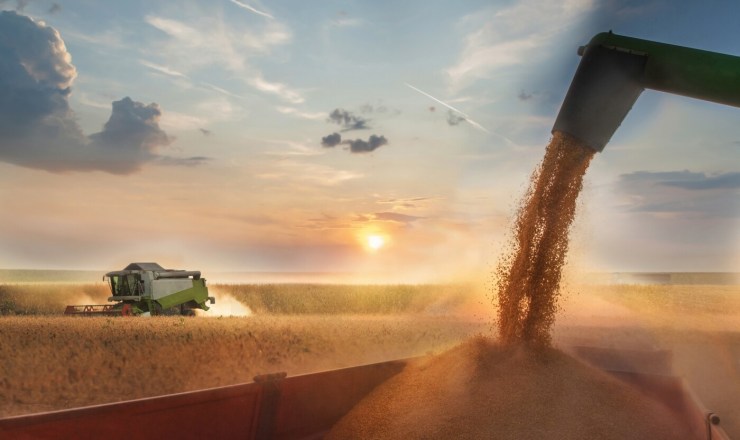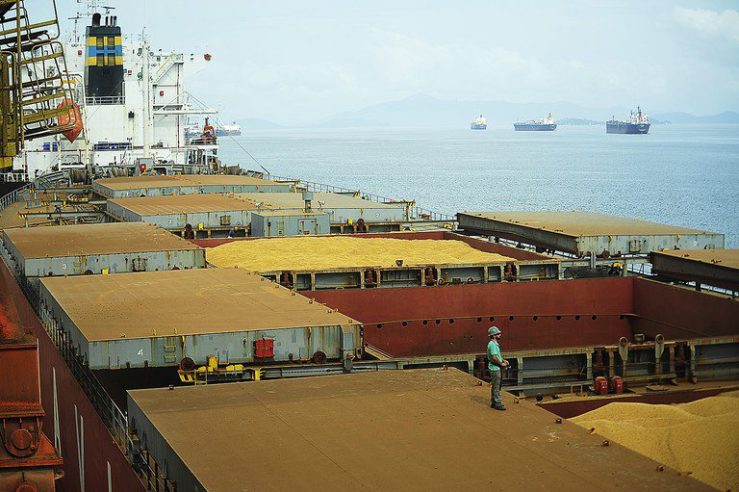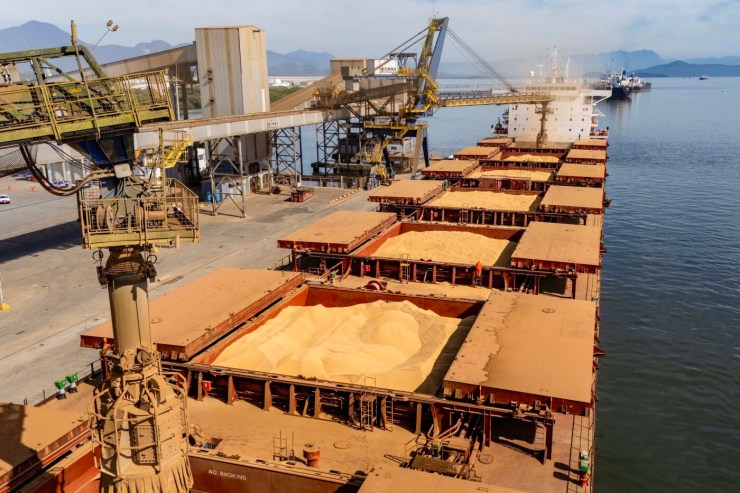Brazil has reached a historic milestone by becoming the world leader in agribusiness commodity exports, according to a recent study by Insper Agro Global. The country surpassed the United States, its main competitor in this category, and reached US$137.7 billion in exports last year, US$14.4 billion more than the total exported by the United States in the sector. The institute's analysis considers only countries and the classification of agricultural and agro-industrial commodities used by the United States Department of Agriculture. Sandro Marin, foreign trade specialist and director of Tek Trade, attributes the growth of Brazilian agricultural exports to the recent record grain harvests and the trade war between the US and China, which have boosted Brazil as the main supplier of agricultural products to the Chinese.
“Brazil is a global leader in agribusiness exports and has been increasing its productivity per hectare year after year, which is allowing the expansion of this international market. Today, the country is already the world’s largest exporter of soybeans, for example, and is in an advantageous position in trade with China, being its main supplier of agricultural products, which could be expanded with the taxes imposed by the United States government. Even with the reduction in soybean and corn exports at the beginning of this year, Brazil should continue to expand its global presence, especially with the opening of new markets for agriculture, such as in the Middle East and Southeast Asia,” explains Marin.
Data from the Ministry of Agriculture and Livestock (MAPA) indicate that Brazilian agriculture exported US$11 billion in January of this year, the second highest value in the historical series for the period. 24 new markets were also opened for Brazilian agricultural products, with emphasis on Pakistan, Bangladesh and Turkey. This increase is attributed to the rise in prices of products such as coffee, cellulose, meat, orange juice and cocoa. In addition, sectors such as meat, forestry products, coffee, soy complex, sugar and alcohol complex and cereals, flours and preparations exceeded US$1 billion in exports in the first month of the year.
For Sandro Marin, international trends are favorable for Brazilian agricultural exports, but it is necessary to adopt measures to minimize the impacts of exchange rate fluctuations, trade barriers and climate change. “Brazilian agribusiness has a consolidated position on the global stage, but maintaining this leadership requires strategic vision and continuous investment. The sector’s competitiveness depends not only on robust harvests and growth in international demand, but also on our ability to diversify markets, strengthen logistics infrastructure and add value to products, since in total agricultural exports we continue to lag behind the United States precisely because of products with higher added value. Brazil has the potential to further expand its international presence, as long as it adopts long-term planning aligned with global trends and the demands of new consumers”, adds the specialist and director of Tek Trade.






